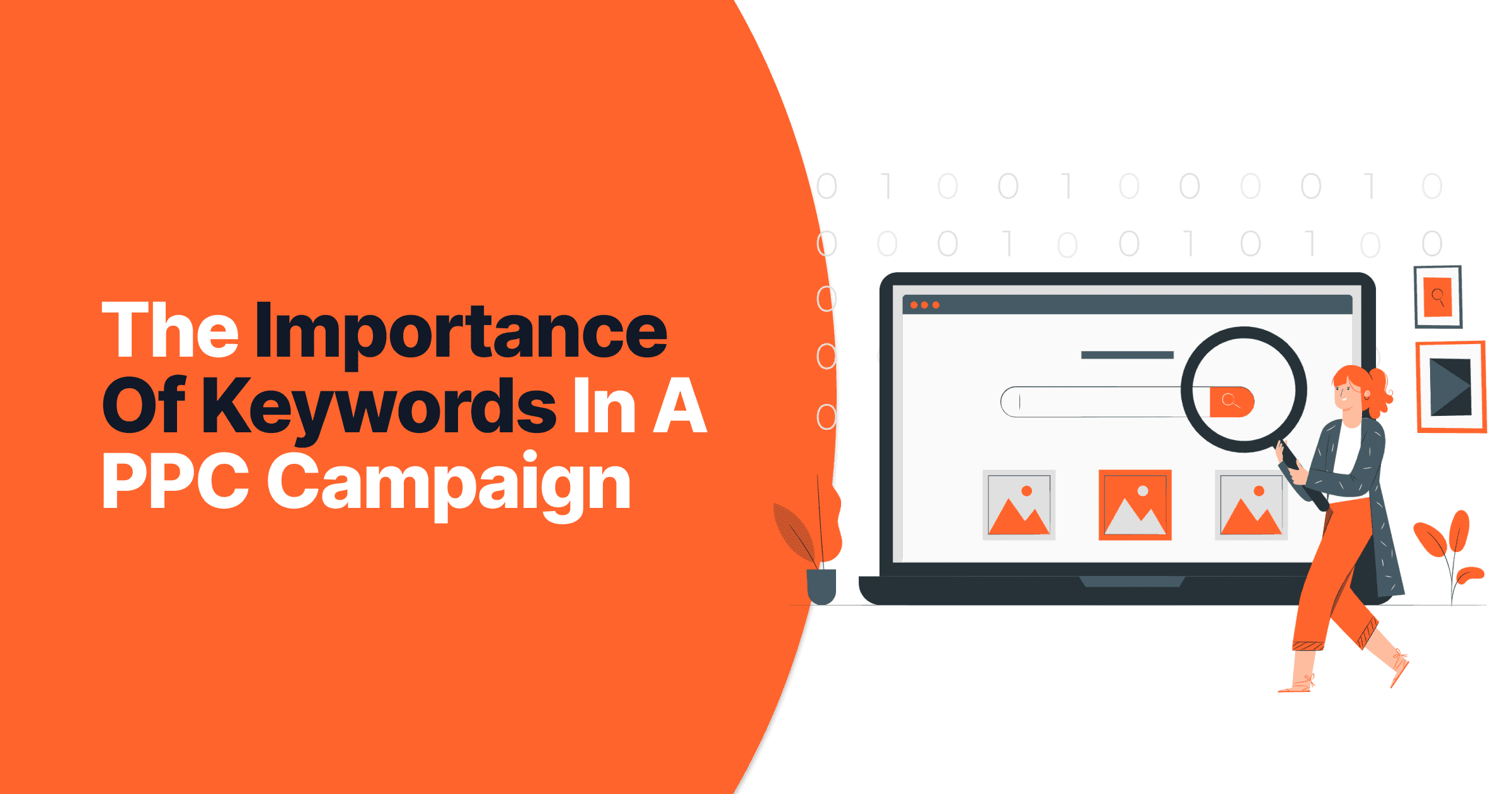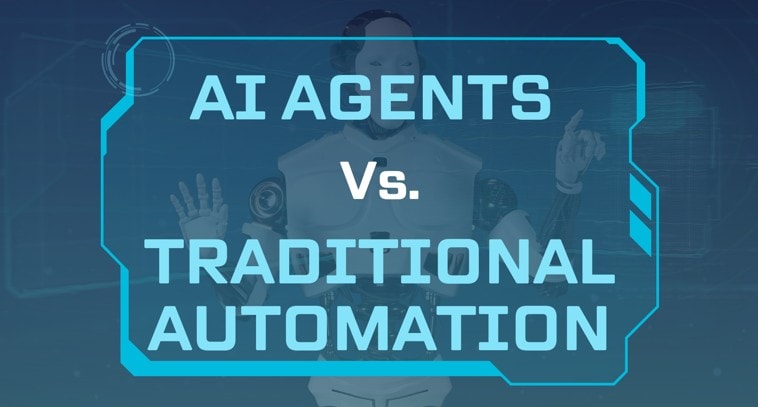The keyword is dying and thriving at the same time. Keywords are important in the determination of our strategies. Plus, they are a core component in the mechanics of the most common form of digital marketing in existence in terms of search. But unquestionably, their mechanics have changed notably throughout time.
Visual content is becoming more and more popular; audiences become a big source of targeting.
The article discusses the history of keywords, their present status, and whether they will remain relevant or slowly get phased out. It will not judge contemporary uses of keywords in marketing strategies. We are going to look into aspects of things that people do continuously with decreased effectiveness.

The Evolution of Keywords
This is the change and development in respect to how keywords are used over time in digital marketing and search engine optimization. Changes in algorithms, user behavior, and technological development have molded the evolution.
The Mechanisms of Keywords Through History
Gone are the days when keywords used to serve a very specific purpose. With every keyword, there comes a different concept that matches particular user queries.
For example, “best sushi restaurant,” “best sushi restaurant in Chicago,” and “best sushi in Chicago” were all considered different concepts. In this way, we really targeted how people think and search.
Historically, keywords acted as our guides in the bidding process whenever a user entered a query. Depending on the bid and quality score, we obtained an ad rank that determined the ad’s placement on the search engine results page (SERP).
You may also like: Effective PPC and Paid Search Best Practices
In the previous year, match types had a substantial impact on keyword strategy due to their unique characteristics:
- Broad Match: As long as any part of the core concept matches, the keyword enters the bidding process.
- Modified Broad (RIP): Each word in the keyword had to be present, but they could be in any order, with terms allowed before and after.
- Phrase Match: The keyword phrase couldn’t be disrupted, but terms could come before and after.
- Exact Match: Only the exact keyword fired up the bidding process.
These different keyword match types would enter the auction in a particular order, with exact match keywords going first and broad match keywords last. Because of this, it was important to bid on all match types with different bid values.
This meant everything was included, while at the same time communicating the advertiser’s preference for budget allocation.
The Rise of Close Variants
Okay, so in 2016, some pretty major changes happened. Google killed the right-hand side of the search results page, and introduced “close variants.”
Close variants, as a concept, were relatively narrow in their scope upon initial release, mainly purposed to help improve user experience. For the most part, this means advertisers no longer had to bid on abbreviations or misspellings among other things.
Search term reports provided insights into whether a match type was “Pizza” or a close variant, allowing advertisers to determine which keyword variant delivered the best return on investment (ROI) without the need to encompass every possible keyword version.
Fast-forward to 2018-2019, and close variants continued to expand. Implied words and synonyms were allowed across all match types, with modified broad match retired.
Moving into the 2020s, Broad Match made a sort of comeback by combining with audiences and gained favor again. Meanwhile, phrase and exact match remained popular among advertisers who wanted greater control of campaigns.
You may also like: The Changes Every Marketer Needs to Implement in Paid Media Marketing for 2025
Keywords As Audiences
Amidst the evolution of search keywords, audience-based keywords were beginning to find their place in display and video campaigns.
These keywords served distinct yet equally potent purposes:
- Topic and Content Targeting: Enabling bidding on placements aligned with the content associated with the chosen keyword.
- Custom Intent: Targeting individuals who exhibit specific search behaviour or express interest in the selected keywords.
- Audience Signals: In PMax campaigns, advertisers could construct an audience signal rooted in their desired keywords.
Negative Keywords
Negative keywords hold an important role in comparing to targeting keywords.
Just like regular keywords, negative keywords come in different match types:
- Broad: As long as the words in the negative keyword are present in any order, the ad won’t participate in the auction.
- Phrase: The order of words in the negative keyword phrase must be preserved to prevent traffic.
- Exact: The exact negative keyword, with no additions or removals, prevents the ad from entering the auction.
Negative keywords maintained their distinct purpose and did not adopt close variant properties. Consequently, advertisers had to include all variants as negative keywords if they wished to block specific traffic.
This situation also made it more challenging to justify the retention of match-type driven campaigns and single keyword ad groups (SKAGs) due to the extensive list of negative keywords required to safeguard these structures.
You may also like: Effective Ways To Use Offline Conversions to Optimize Google Ads for Profitability
Keywords Today
Keywords lie at the heart of every good strategy for the plain and simple fact that they offer common ground between SEO and PPC, they can collaborate on building out content and informing your bid strategy.
However, the concealment of search queries is eroding this common ground bit by bit. Because of today’s privacy-first environment, the efficacy of the concept of keywords relies on educated guesses through leveraging traffic predictions and performance data.
Furthermore, Performance Max has emerged as an all-encompassing campaign type, relying solely on keywords as an audience signal. Its growing popularity is driven by several factors:
- Increasing pressure on advertisers to adopt it due to the phasing out of certain features.
- Proven effectiveness for brands seeking to engage with their customers throughout the entire buying journey.
Do Keywords Remain the Optimal Guide for Targeting Strategies?
While keywords necessitate specific search patterns, they may not always align with the world’s increasing emphasis on privacy.
As it stands, in a world of consumer protection first, you are better off focusing on the goal of learning more about your audience and perfecting the creative aspects of your campaign. This is even truer with the private internet slapping more restrictions on how much data is released to advertisers.
One of the reasons behind concealing search terms in reports is the limited number of people searching in that particular manner. Consequently, advertisers may encounter no difficulty in linking a person’s exact search behaviour to whether they became a customer or not.
As this level of detailed data transitions from a right to a privilege, it’s imperative to become more accustomed to working with cohorts. Nevertheless, proactive protective measures, such as implementing negative keywords and audience exclusions, remain viable options.
You may also like: Effective Strategies for Implementing On-Page SEO Plan
The Future Of Keywords
We will soon live in a world where, instead of focusing on keywords, we will be focusing on audiences and building out strategies to serve the needs of our customers. Clearly evident with shopping campaigns and local service ads.
Shopping campaigns are designed to work based upon Google’s algorithm crawling your product feed and matching queries from users for things like product title, description, and category.
On the other hand, local service ads don’t rely on keywords at all. The main focus is reviews, proximity, and how well a query matches a service you’re bidding on.
These ad formats continue to drive an outstanding ROI and prove that frantically bidding on keywords is becoming less important than understanding who’s behind those queries.
Final Thoughts
Keywords have played a central role in digital marketing for an extended period. Although their function is evolving, they continue to hold an important position in campaign strategy. The future of active targeting is shaped by audiences and feed-based campaigns.










